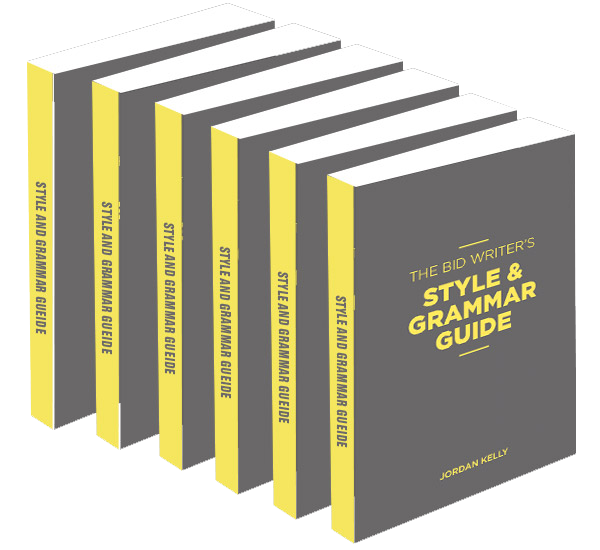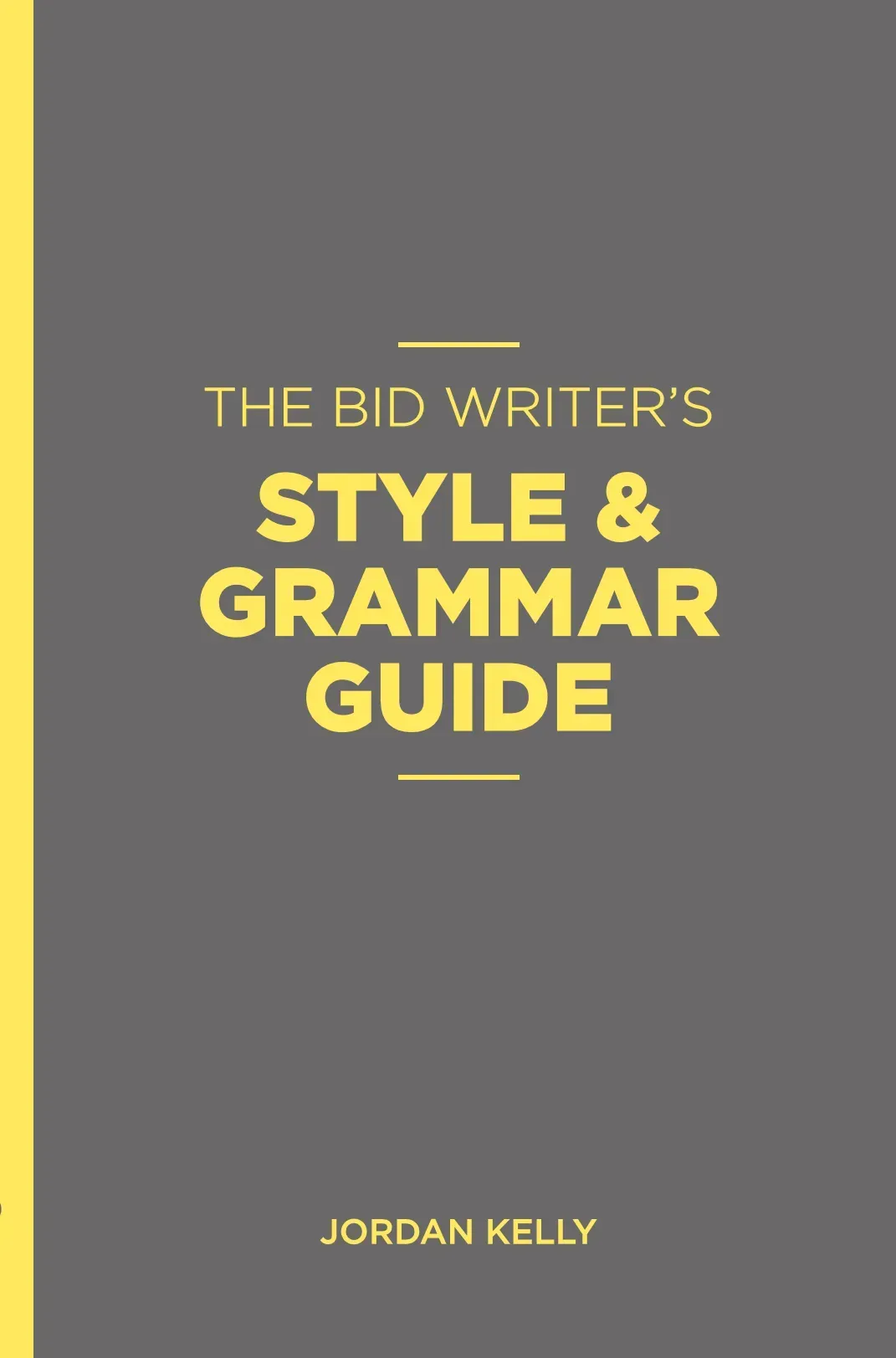CATEGORIES:

In ‘Grammar Gaffes to Avoid In Bids', I rolled out a list of common grammatical malfunctions I see in bid submissions.
It’s now clear that people at all levels within their respective organisations share my concern about the credibility-denting effect of poor grammar.
What’s also become particularly clear is that there’s a real irritation over the lack of basic grammatical knowledge by a significant proportion of the younger generation . . . you know, those for whom “texting” probably came before any real study of the English language and how to use it correctly.
That said, it’s probably my own generation that has the greater culpability in the matter, given that it’s my generation that should have taught them better. But, to leave the greater blame discussion for another forum, when personnel from the Millennial generation are tasked with contributing to submissions – believe it or not – I’m seeing some truly horrifying examples of poor schooling.
Some examples for you.
Writers who don’t know when to correctly use the word “than”, as opposed to “then” . . . as in:
(WRONG) “Should this occur, than we will implement the following contingency plan.”
(ALSO WRONG) “Our experience demonstrates this course of action is more effective then conventional responses.”
Writers who don’t know the difference between “your” and “you’re” (notwithstanding the fact that the contraction “you’re” has no place in bid writing) as in:
(WRONG) “We have given careful consideration to the issues your currently experiencing as regards consumables recycling.”
(ALSO WRONG) “You’re systems will be monitored on a weekly basis.”
Writers who seem to think commas have replaced the traditional use of the full stop (and, worse still, that it serves no other function):
(WRONG) “This is a current area of focus for our organisation, we are deeply concerned about the impact upon local waterways.”
Writers who have never heard of the hyphen . . . as in:
(WRONG) ” . . . a 25 year old piece of equipment” . . . ” (as opposed to i.e. CORRECT) “a 25-year-old piece of equipment”).
(WRONG) “A to be advised date", as opposed to (CORRECT) “a to-be-advised date.”
Or, worse still, clumsy, un-hyphenated conglomerations like (WRONG) “proAustralian“, and (WRONG) “semidetachable” versus (CORRECT) “pro-Australian” and (CORRECT) “semi-detachable.”
Writers who see no difference in their application of “there”, “they’re”, and “their”, or “whose” and “who’s“.
The Disappearing Question Mark
My other beef with younger writers is their propensity to see question marks as unnecessary.
Where did this notion come from?
Perhaps they feel that avoiding the use of a question mark (where one is, in fact, necessary) makes their writing read more authoritatively. Who knows?
Whatever their reasoning, such a practice is grammatically incorrect. A question is a question and should be denoted as such with a concluding question mark.
Ironically, it seems just as many of these same young writers employ question marks when it is grammatically incorrect to do so:
(WRONG) “He asked what their labour turnover was?” This question is indirect and does not require a question mark.
This is not, however, to be confused with the fact that a question mark is used to indicate a reflective question (although these instances occur primarily in spoken English: “You were showing a profit up until then?”)
So . . . let me have it. Am I just a grumpy grammar curmudgeon? Or do you share / continue to share my concern – and have a few of your own personal non-favourites to share with me?
THE BID WRITER'S STYLE & GRAMMAR GUIDE
(Book)
This reference and tuition manual has been written both for the professional bid writer and for those subject matter experts contributing submission content.
While first and foremost a “style and grammar guide”, I have taken the opportunity to also provide tuition on many other aspects of effective bid-writing - including the basic principles of strategy, as the essential foundation of a high-quality proposal.
THE BID WRITER'S STYLE & GRAMMAR GUIDE

(Six-Pack)
Your organisation’s credibility hangs on the quality of your writing and the standards it reflects.
Used diligently, this 196-page, high-quality paperback production will ensure the highest degree of grammatical diligence in your submissions, along with a consistent, professional writing style throughout.
Available individually or as a 6-pack
(6 books for the price of 5).



